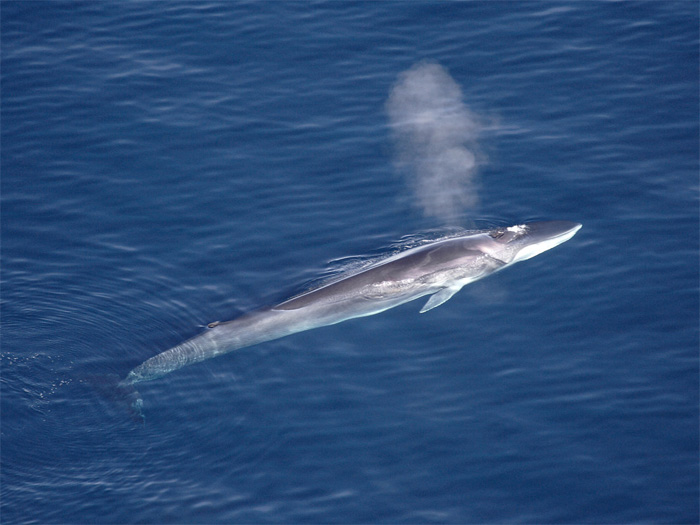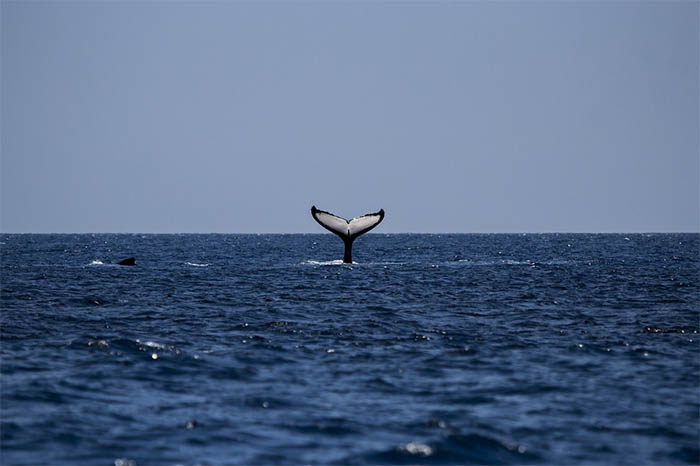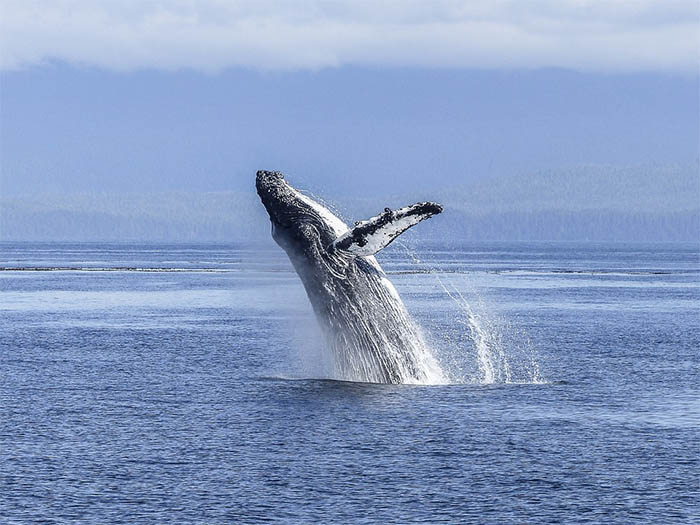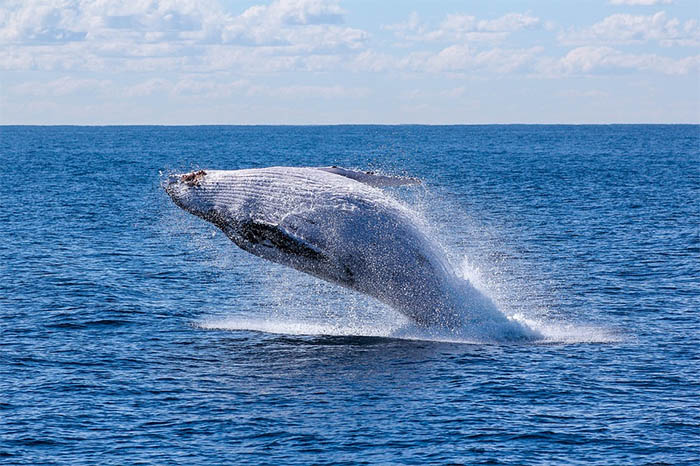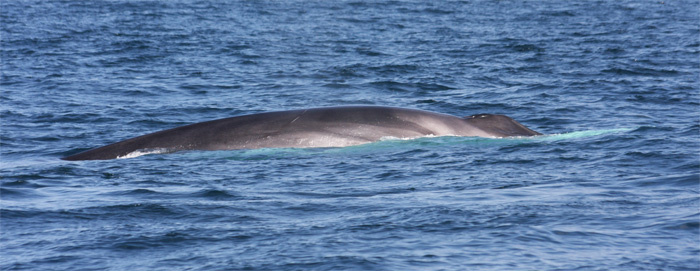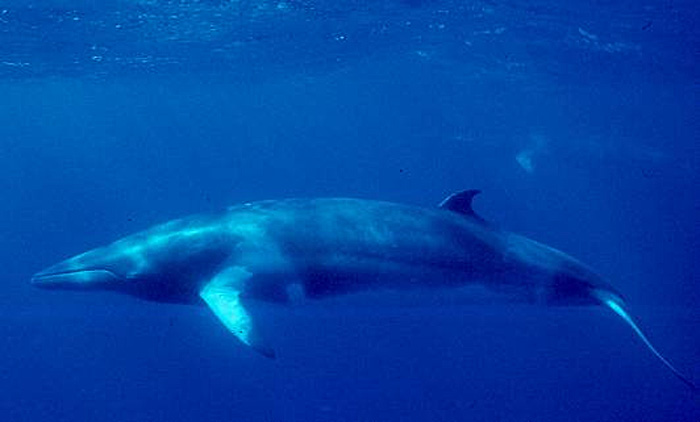While whaling is illegal in most countries, Iceland, Japan, and Norway are still allowing it as a licensed commercial industry. However, Iceland recently announced that it will not renew whaling licenses after they expire at the end of 2023. By 2024, the Nordic island country will officially ban whale hunting and whaling rights will not be renewed from then on.
Whaling has been practiced as an organized industry by indigenous peoples as early as 875 AD. For thousands of years, indigenous people could not grow crops and vegetables due to extremely cold climate so they hunted whales for food and blubber. However, over-hunting had brought many whale species to extinction. In an attempt to conserve the remaining population of these endangered marine mammals, the International Whaling Commission (IWC) was established in 1946. Since the commission’s 1986 moratorium, commercial whale hunting has been banned in over 80 countries that signed the agreement.
Iceland Set To Ban Whale Hunting By 2024
Several countries including Iceland, Japan, Norway, and Russia have appealed to allow whaling under ‘scientific research’. In 2003, Iceland objected the prohibition and resumed licensing commercial whale hunting. The IWC came to an agreement with all pro-whaling nations by setting quotas and allowed commercial whaling by targeting only species that are not endangered. The hunting rights, which will be valid from 2019 to 2023, allow every country a yearly quota of 209 fin whales and 217 minke whales.
In 2018, Japan became the center of controversy after its withdrawal from the global agreement and announced that it will resume its commercial whaling industry in 2019. Japan’s controversial withdrawal became a basis for concern for animal rights advocates as they expect for the worse that other signatory countries might follow suit. Surprisingly, Iceland did the opposite when it announced that it will officially ban whale hunting after the hunting rights expire.
Iceland’s Ministry of Fisheries and Aquaculture made the decision not because of the inherently cruel practices but because there’s a little economic benefit to commercial whaling anymore. The pandemic restrictions, expansion of protected waters, and Japan’s return to commercial whaling all contributed to the decline in the demand for licensing. And with the decreased demand for whale meat, major licensees have already called off their hunts with no plans of having their licenses renewed after 2023.


